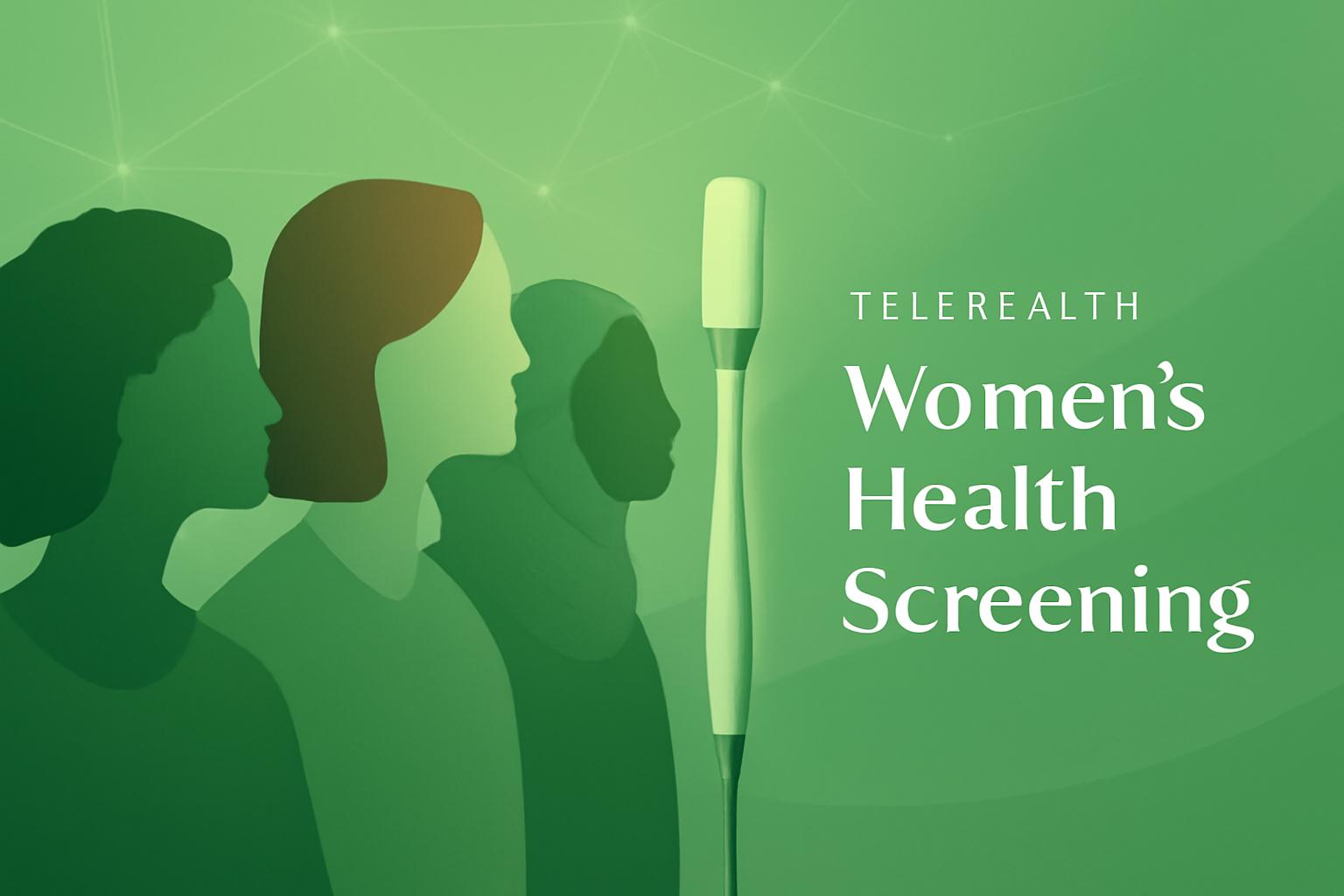Declining Cervical Cancer Screening Rates Pose Public Health Challenge
Despite persistent risks and thousands of new diagnoses annually, cervical cancer screening rates in the United States have steadily declined, exacerbated by the COVID-19 pandemic. According to the Centers for Disease Control and Prevention (CDC), approximately 13,000 women are diagnosed with cervical cancer each year, and nearly 4,000 succumb to the disease. The CDC emphasizes the importance of the HPV vaccine in preventing cervical cancer, alongside regular screening protocols. Standard guidelines recommend Pap smears every three years for women aged 21 to 65, with options for combined HPV and Pap testing every five years for women aged 30 to 65.Teal Health Introduces At-Home Cervical Screening with FDA Approval
Recognizing the critical need for improved accessibility in women’s health, health tech investor and CEO Kara Egan co-founded Teal Health. The company developed the Teal Wand, the first FDA-approved cervical cancer screening test designed for home use. This innovation aims to reduce common barriers to screening beyond cost, such as work obligations, childcare, and transportation challenges.“Women deserve better healthcare. Better means listening to their needs and making the process easier and more trustworthy,” said Kara Egan, CEO of Teal Health.
Contents
How the Teal Wand Works
Before using the Teal Wand, patients complete a telehealth screening with a medical professional to confirm eligibility and receive instructions on proper sample collection. The test replicates the clinical accuracy of in-office Pap smears, as demonstrated by clinical trials, but allows women to collect samples in the privacy of their own homes. Samples are then processed, with results securely delivered via an online portal. Patients can discuss findings and next steps through follow-up telehealth consultations, enabling comprehensive care without the need for in-person visits.Addressing Barriers Beyond Cost
While cost remains a consideration, Egan underscores that logistical and practical obstacles often present greater challenges to screening adherence. “Even if the visit’s free, you have to leave work, arrange childcare, and manage transportation,” she explained. The Teal Wand’s remote model seeks to alleviate these burdens. Currently available in California, New York, and Florida, Teal Health partners with major insurers including Cigna, Blue Cross Blue Shield, Aetna, Anthem Blue Cross, and United Healthcare. The test is offered for $99 out-of-pocket, with ongoing efforts to expand full insurance coverage.Impact on Screening Rates and Early Detection
Data from Teal Health reveals that over half of women utilizing the Teal Wand were overdue for cervical cancer screening, while 20% had never been screened despite being within the recommended age range. This indicates significant potential for the test to reach underserved populations and improve early detection rates.“Cervical cancer is entirely preventable with proper screening,” Egan stated. “Our goal is to provide accessible, accurate options to ensure no woman misses out on this critical healthcare service.”
FinOracleAI — Market View
Teal Health’s introduction of the FDA-approved at-home cervical cancer screening test represents a pivotal advancement in women’s healthcare accessibility. By addressing non-financial barriers such as time, childcare, and transportation, the company is poised to increase screening adherence and early cancer detection rates significantly.- Opportunities: Expansion into additional states and insurance networks could broaden access nationwide.
- Opportunities: Integration with telehealth services enhances patient engagement and continuity of care.
- Risks: Potential regulatory challenges as telehealth and at-home testing evolve.
- Risks: Patient education and trust-building remain critical to adoption and accurate self-sampling.
Impact: The Teal Wand’s innovative model is likely to positively influence cervical cancer screening rates, offering a scalable solution that reduces traditional barriers and supports preventive health for women.













